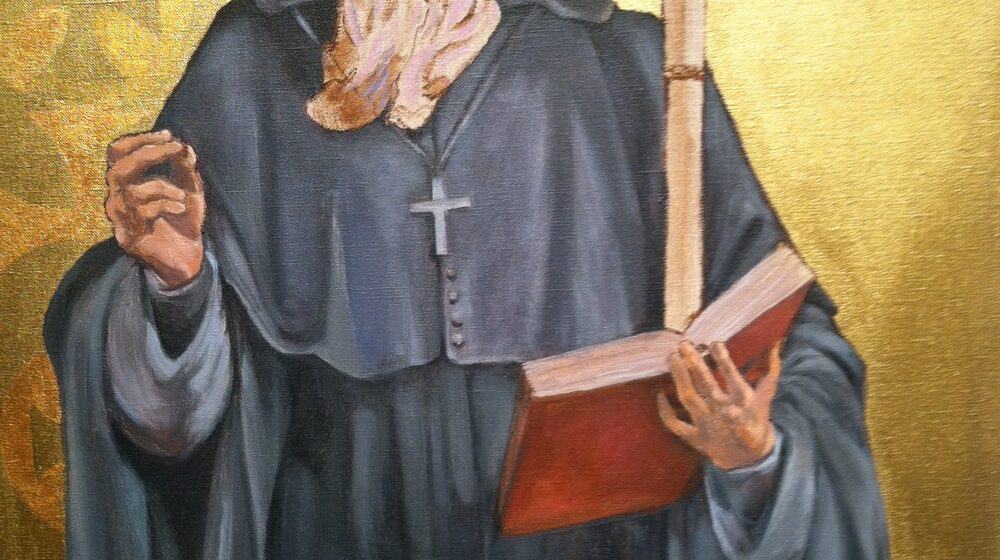
“Saints are always made somewhere. So Benedict [of Nursia] thought the first vow should be the vow to stay, the vow to not run from the very people and place that God intends to use to make us holy.”- Daniel Grothe
“Seek the peace and prosperity of the city to which I have carried you into exile. Pray to the LORD for it, because if it prospers, you too will prosper.”- Jeremiah 29:7 (NIV)
In Chapter 2 (“The Vow of Stability: Why We Don’t Need a New Place to Have a Rich Life”) of The Power of Place, Daniel Grothe talks about an Italian monk named Saint Benedict of Nursia (480-547 AD). A man familiar with God’s love of place, Benedict also knew the harmful effects of hypermobility.
Most significantly, Benedict wrote about a group of monastic contemporaries called the gyrovagues (gyro-‘circle’, vagus – ‘wandering’). As a result, these rootless monks bore no fruit. Thus, Benedict called the monks in his charge to a vow of stability. Because Benedict knew that we don’t obey God in general. Rather, Christians always practice obedience in a particular place with particular people. As Pastor Grothe stresses, “Saints are always made somewhere.”
However, Pastor Grothe notes, we often find staying put a very hard thing to do. The author explains:
“Sometimes leaving holds the most allure, and old Benedict knew it. He knew that when push comes to shove and life gets hard and relationships grow chaotic and complex, the human instinct is not to dig in but to flee, to start fresh, to burn all the old bridges that keep us connected to a precarious past.”
So, in tomorrow’s blog, Pastor Grothe stresses that God’s gift of place always comes with a purpose. Three purposes, in fact: security, identity, to exercise skilled mastery.
Today’s question: How do you respond to Pastor Grothe’s statement about saints?” Please share
Tomorrow’s blog: “An actual purpose to place?”

